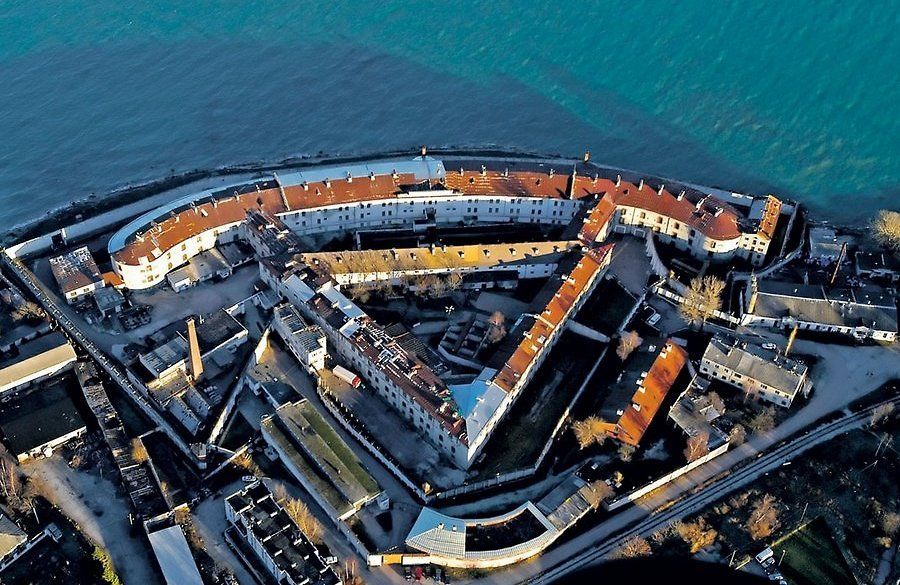A new documentary on the Patarei prison in the Estonian capital, Tallinn – a facility that was used by the totalitarian regimes to imprison thousands of innocent people, in addition to criminals – has premiered in Tallinn, focusing on the background and hardships of prisoners of conscience, who were confined by the walls of the former sea fortress.
The new short documentary, “Patarei”, directed by Riho Västrik, premiered on 10 June in the courtyard of the former prison, now housing a museum. The documentary takes a different approach to the prison’s history compared with how Patarei (meaning “battery” in English) has been depicted in cinematic language thus far.
A journey back in time
The experimental documentary was commissioned by the Estonian Institute of Historical Memory. The institute is also the developer of the future Memorial Museum for the Victims of Communism that will be established in Patarei in a few years’ time.
The film takes the viewer on a journey back in time to when Patarei was still a sea fortress. In the 20th century, the building was used as a prison, where totalitarian regimes imprisoned thousands of innocent people. The documentary focuses on the background and hardships of prisoners of conscience, who were confined by the walls of the sea fortress.
The film poses the question – if these walls could talk, then what would they say? The narrator is a fictional convict who has been “forgotten” to the prison for an entire century. His story is based on the accounts of real people; text is narrated by an Estonian actor Tambet Tuisk.
“The main feeling I experienced while filming in Patarei was claustrophobia. I hope that we have managed to convey that to the audience,” Västrik said in a statement. “Although each story can be associated with a specific person, I would advise viewers not to focus on that aspect, but rather seek for generalisations through feelings,” the director added.
Leading Estonian political dissidents were imprisoned in Patarei
The former Patarei prison is located by the shore in Kalamaja district of Tallinn. The complex was built from 1828–1840 as part of the fortifications of Peter the Great’s naval fortress for the tsarist Russian state.

The Republic of Estonia, which declared independence in 1918, reconstructed it as a prison after World War I. When the Soviet Union occupied Estonia in 1940, the communist authorities started using it as a political prison; the Nazis, who occupied Estonia from 1941-1944, did the same.
During the Soviet occupation of Estonia from 1944-1991, many leading Estonian political dissidents were confined here – including Lagle Parek, Enn Tarto and Jüri Kukk. When Estonia regained independence in 1991, Patarei was still used to incarcerate convicted criminals; the prison closed in 2002.
Cover: The former Patarei prison in Tallinn. Photo by the Estonian Institute of Historical Memory.

